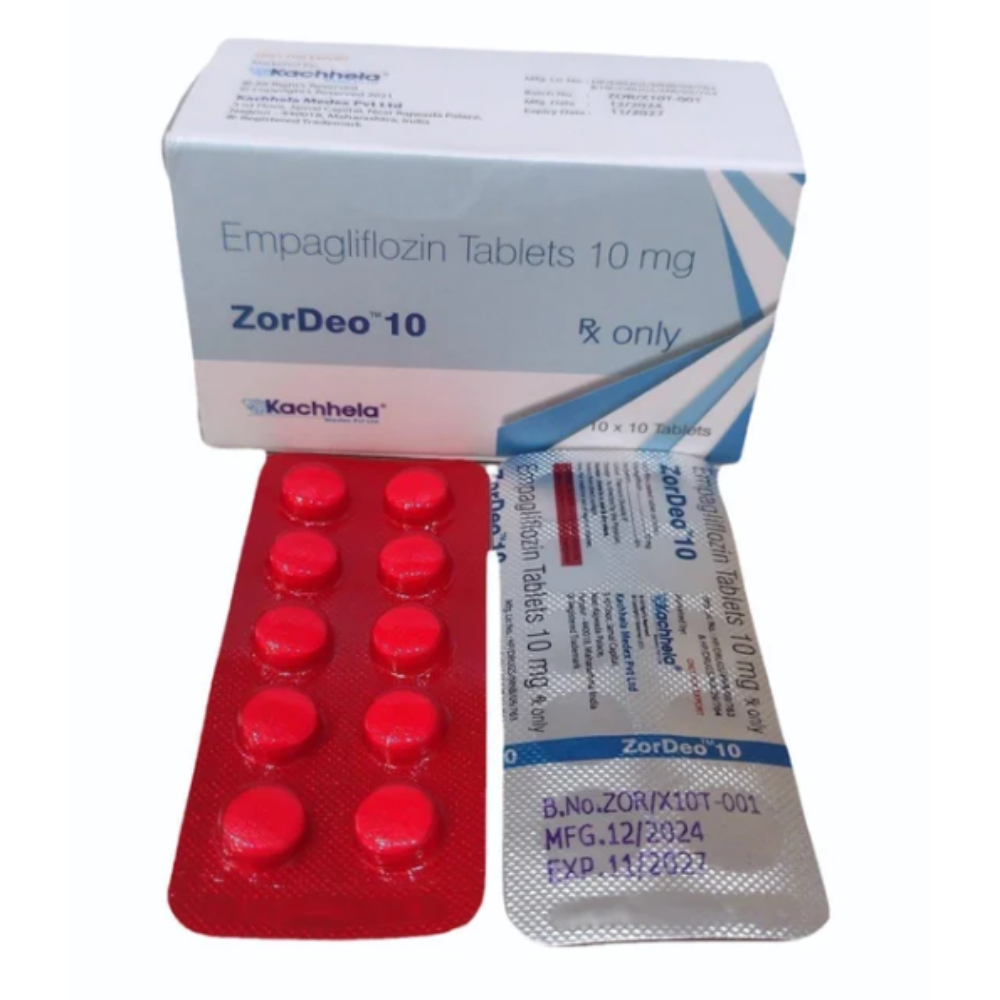Ways fenbendazole capsules Support in Managing Common Parasitic Infections in Pets
Exploring the Devices Behind Fenbendazole and Its Effect On Animal Health
Fenbendazole is a widely made use of anthelmintic recognized for its performance versus numerous parasites. Its primary mechanism involves the restraint of microtubule development, which interrupts important processes in these pathogens. Beyond its antiparasitic homes, fenbendazole likewise appears to boost immune responses and has anti-inflammatory benefits. Comprehending these complex effects could disclose new applications for animal wellness. Nevertheless, questions stay concerning its complete capacity and safety and security profile.
The Pharmacokinetics of Fenbendazole
The pharmacokinetics of fenbendazole, an extensively made use of anthelmintic in vet medicine, includes the research study of its absorption, circulation, metabolic process, and excretion within pet systems. After administration, fenbendazole is swiftly soaked up from the intestinal tract, with peak plasma concentrations happening within hours. Its circulation is affected by factors such as tissue binding and lipid solubility, allowing it to permeate various cells successfully. The medication undertakes comprehensive metabolism largely in the liver, where it is converted right into energetic and inactive metabolites. These metabolites play a duty in the medication's overall effectiveness and safety account. Excretion takes place primarily with feces, with a smaller proportion eliminated by means of pee. The half-life of fenbendazole varies amongst varieties, which influences application programs. Recognizing these pharmacokinetic residential or commercial properties is necessary for maximizing its healing usage and guaranteeing efficient bloodsucker control in vet practices.
Mechanisms of Action Against Bloodsuckers
Fenbendazole applies its antiparasitic impacts largely with the restraint of microtubule development in bloodsuckers. This disruption influences their architectural integrity and cellular functions, leading to impaired power metabolic rate. As a result, the drug properly jeopardizes the survival and recreation of numerous parasitical organisms.
Inhibition of Microtubule Formation
Inhibition of microtubule development stands for a critical mechanism where particular anthelmintic representatives, consisting of fenbendazole, apply their effects on bloodsuckers. Fenbendazole binds to tubulin, a healthy protein that creates microtubules, interfering with the polymerization process required for microtubule assembly. This disruption hinders essential cellular functions, consisting of mitosis, intracellular transportation, and architectural honesty. As microtubules play an essential function in keeping the form and feature of parasitical cells, their restraint causes cell cycle apprehension and ultimate death of the parasite. This device is particularly effective against nematodes, as their dependence on microtubules for mobility and nutrient absorption makes them susceptible to fenbendazole. Subsequently, the restraint of microtubule formation is a critical aspect of fenbendazole's restorative effectiveness in vet medicine.
Disturbance of Energy Metabolic Process
Disrupting energy metabolism is one more essential device whereby fenbendazole targets parasitic microorganisms. This anthelmintic changes the energy production paths within bloodsuckers, mainly impacting their ability to create adenosine triphosphate (ATP) By hindering glucose uptake and interrupting mitochondrial feature, fenbendazole limitations the power sources crucial for the survival and recreation of these organisms. Therefore, bloodsuckers become progressively at risk to environmental anxieties and immune reactions. The interference in energy metabolic process not only influences the parasites directly but likewise reduces their ability to absorb nutrients, better hindering their development - fenbendazole. Overall, the disturbance of energy metabolism represents a basic aspect of fenbendazole's efficacy versus numerous parasitical infections, contributing substantially to boosted pet wellness outcomes
Prospective Side Results and Safety Profile
The prospective adverse effects and safety account of fenbendazole warrant careful factor to consider, particularly in veterinary applications. While generally pertained to as safe, some animals may experience negative responses, consisting of intestinal disruptions such as vomiting and diarrhea. Additionally, neurological signs, although uncommon, have been reported in sensitive individuals, highlighting the need for monitoring during treatment.

Fenbendazole's safety in numerous types, consisting of dogs and felines, has actually been documented, yet dose and duration of therapy need to be carefully taken care of to lessen risks. Pregnant or lactating animals might also need special focus, as the results on developing unborn children or nursing children are not totally comprehended.
Regular veterinary appointments can aid alleviate possible negative effects and ensure the medicine is carried out appropriately. While fenbendazole is an efficient anthelmintic representative, caution concerning its side effects is crucial for keeping pet health and wellness.
Fenbendazole's Influence on Immune Function
Fenbendazole has been kept in mind for its potential to regulate immune system actions in pets. Its anti-inflammatory homes might add to improved immune function, giving a dual benefit in handling health (222 mg). Understanding these results is essential for assessing fenbendazole's duty in vet medication
Immune System Modulation

Anti-inflammatory Features
Anti-inflammatory results represent a considerable facet of fenbendazole's impact on immune feature. Study shows that fenbendazole may decrease the production of pro-inflammatory cytokines, which are critical in mediating inflammatory reactions. By modulating these cytokines, fenbendazole can potentially reduce inflammation-related conditions in animals. This anti-inflammatory action not only aids in managing symptoms connected with numerous illness yet likewise boosts total body immune system efficacy. Additionally, its capability to advertise a well balanced immune action aids stop extreme inflammatory damage, which can lead to persistent health and wellness problems. Fenbendazole's duty in inflammation management emphasizes its relevance in vet medicine, giving a double benefit of antiparasitic activity and immune system assistance for animal wellness.
Applications Beyond Traditional Parasitical Infections
While largely acknowledged for its effectiveness versus different parasitic infections, fenbendazole has actually gathered focus for prospective applications beyond this conventional scope. Current research studies recommend that fenbendazole may have valuable impacts on cellular wellness and immune action, making it an intriguing prospect for handling other health and wellness conditions in pets. Its reported anti-inflammatory homes may give alleviation for animals enduring from persistent inflammatory diseases. In addition, some research study shows that fenbendazole might contribute in supporting the overall health of animals by improving nutrient absorption and gastrointestinal wellness. Additionally, its prospective as an accessory treatment in cancer therapy has actually sparked rate of interest, as initial searchings for recommend it could prevent growth cell development in particular contexts. These varied applications highlight fenbendazole's adaptability, encouraging additional expedition right into its multifaceted benefits for pet health past its conventional use as a deworming agent.
Future Research Study Directions and Ramifications for Pet Health And Wellness
The exploration of fenbendazole's possible applications has actually opened up new avenues for research intended at boosting pet health and wellness. Future studies could concentrate on its performance versus a wider series of microorganisms, including bacteria and viruses, thereby broadening its role in veterinary medicine. The implications of fenbendazole's mechanisms, such as its effect on immune modulation, warrant even more examination to understand how it can strengthen general health in different types.
Furthermore, study might discover excellent dosages and formulations to take full advantage of efficiency while reducing potential side effects. Investigating fenbendazole's synergistic effects with other drugs can cause much more reliable treatment protocols. Longitudinal researches reviewing lasting end results in pets treated with fenbendazole can offer important insights right into its security and effectiveness. On the whole, the continued exploration of fenbendazole supplies appealing possibility to enhance pet health, demanding a collaborative strategy among scientists, veterinarians, and pharmaceutical programmers to help with advancements in this field.
Frequently Asked Inquiries
Can Fenbendazole Be Used in Livestock for Bloodsucker Prevention?
The inquiry of whether fenbendazole can be used in animals for bloodsucker prevention matters, as manufacturers look for effective treatments (222 mg). Study indicates it may give advantages, but appropriate standards and vet guidance are vital for secure use
What Is the Suggested Dose of Fenbendazole for Various Animals?

Exist Any Kind Of Known Drug Interactions With Fenbendazole?
Existing understanding suggests that fenbendazole may connect with specific drugs, possibly affecting their effectiveness or metabolism. Vet specialists suggest seeking advice from a veterinarian to analyze specific animal cases and view publisher site determine any kind browse around here of possible interactions prior to administration.
How Does Fenbendazole Contrast to Other Antiparasitic Medicines?
Fenbendazole is typically compared to various other antiparasitic medicines based on effectiveness, spectrum of task, and safety and security profiles. It is preferred for its performance against a variety of parasites while generally showing very little side effects in pets.
Is Fenbendazole Effective Against Viral or Microbial Infections in Pets?
The effectiveness of fenbendazole versus viral or bacterial infections in pets continues to be unverified. Research primarily concentrates on its antiparasitic residential or commercial properties, with minimal evidence supporting any role in dealing with non-parasitic infections in vet medicine.